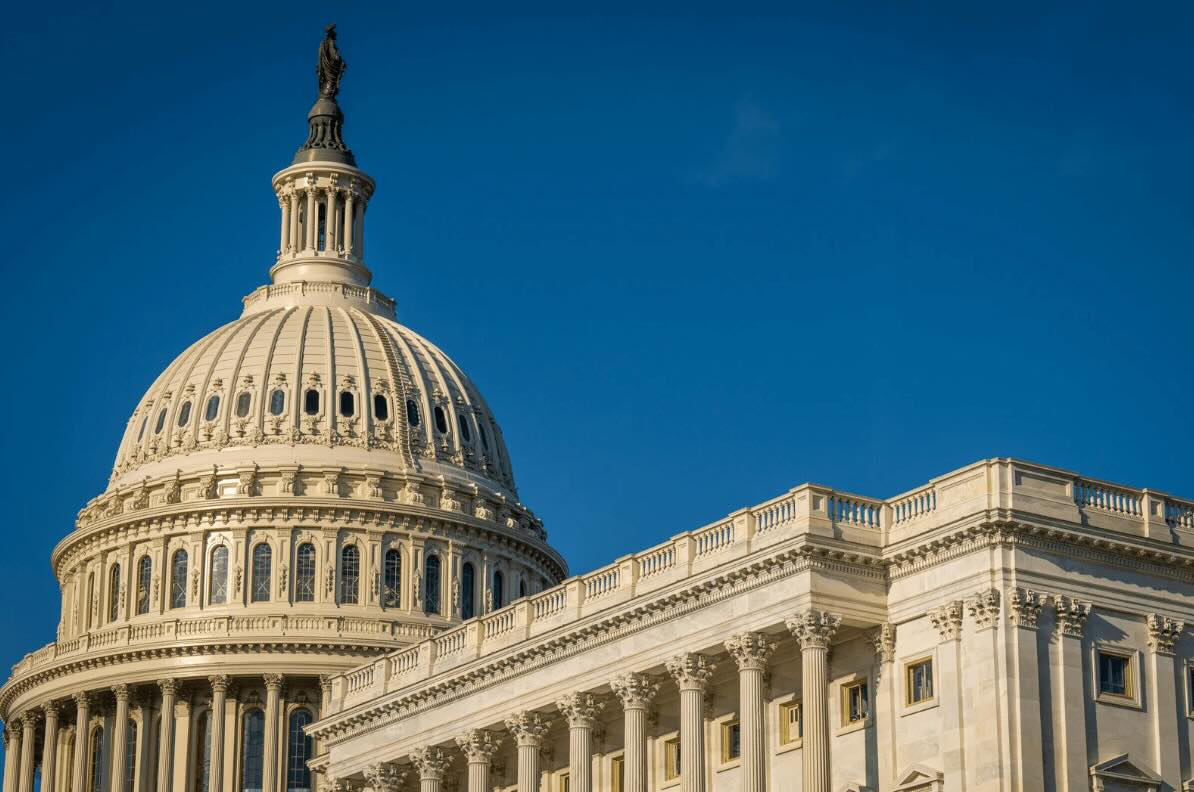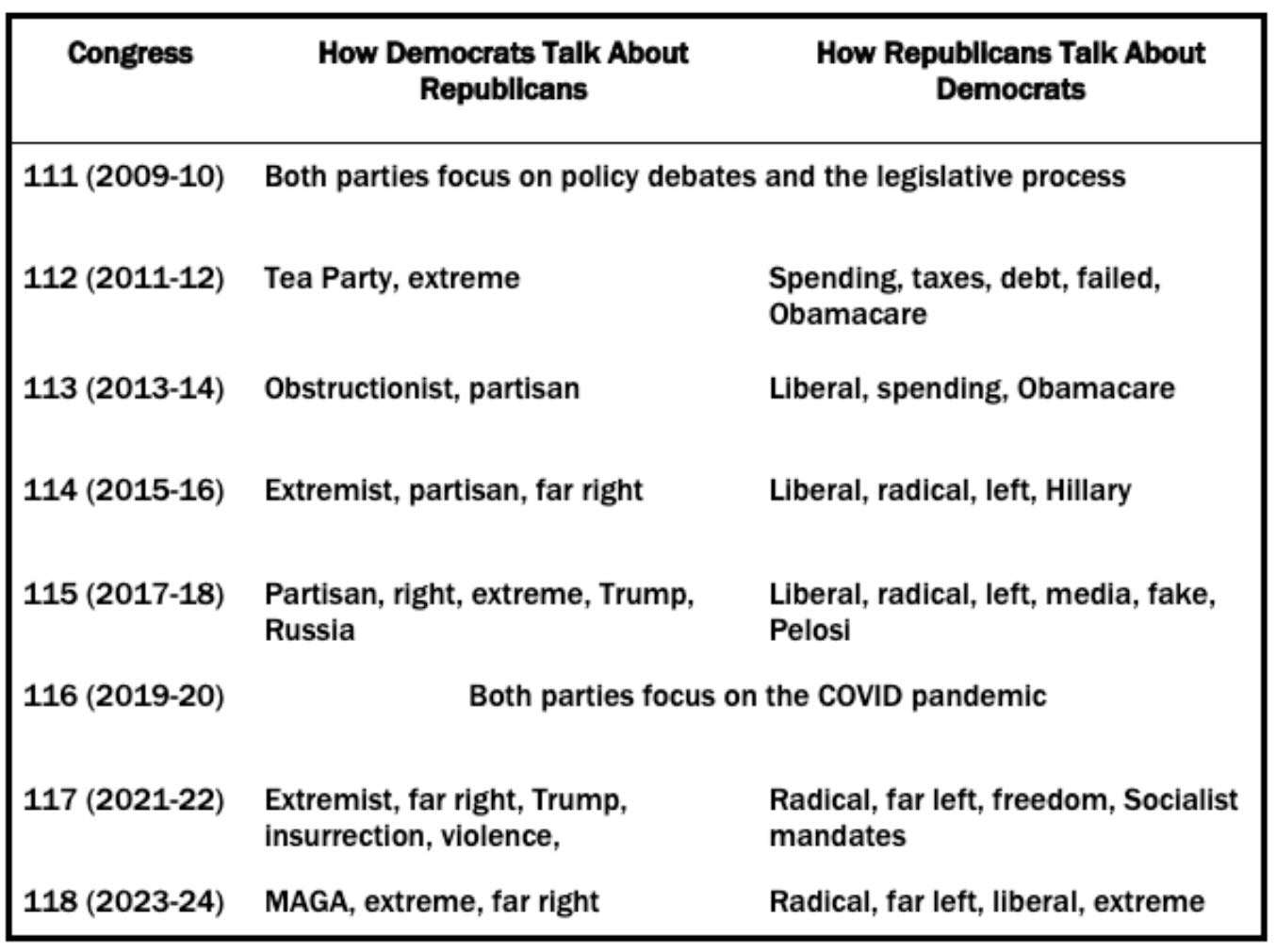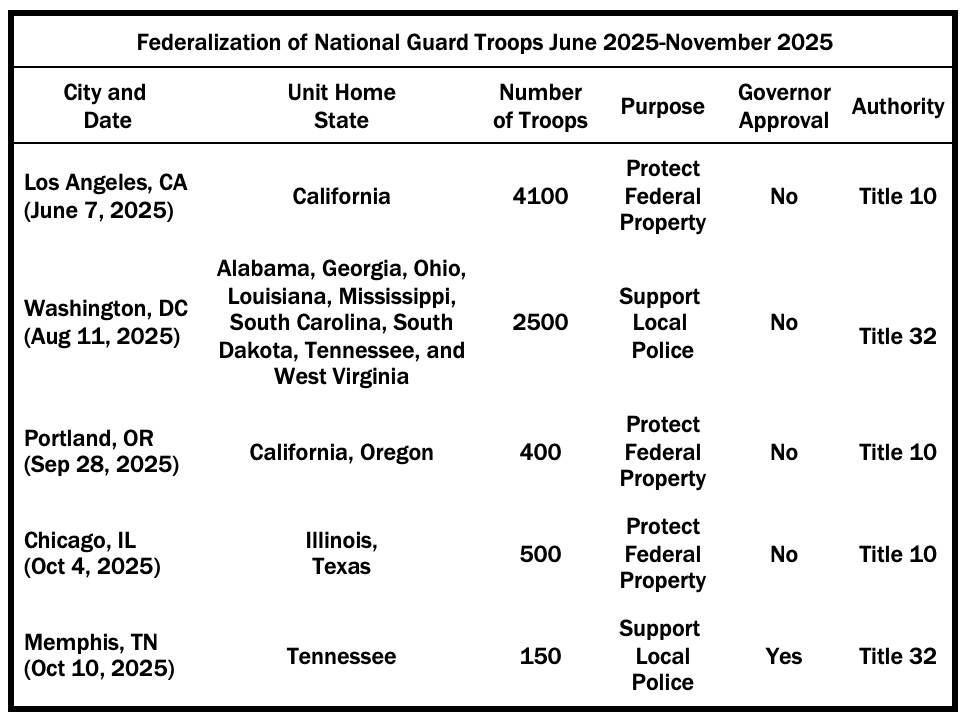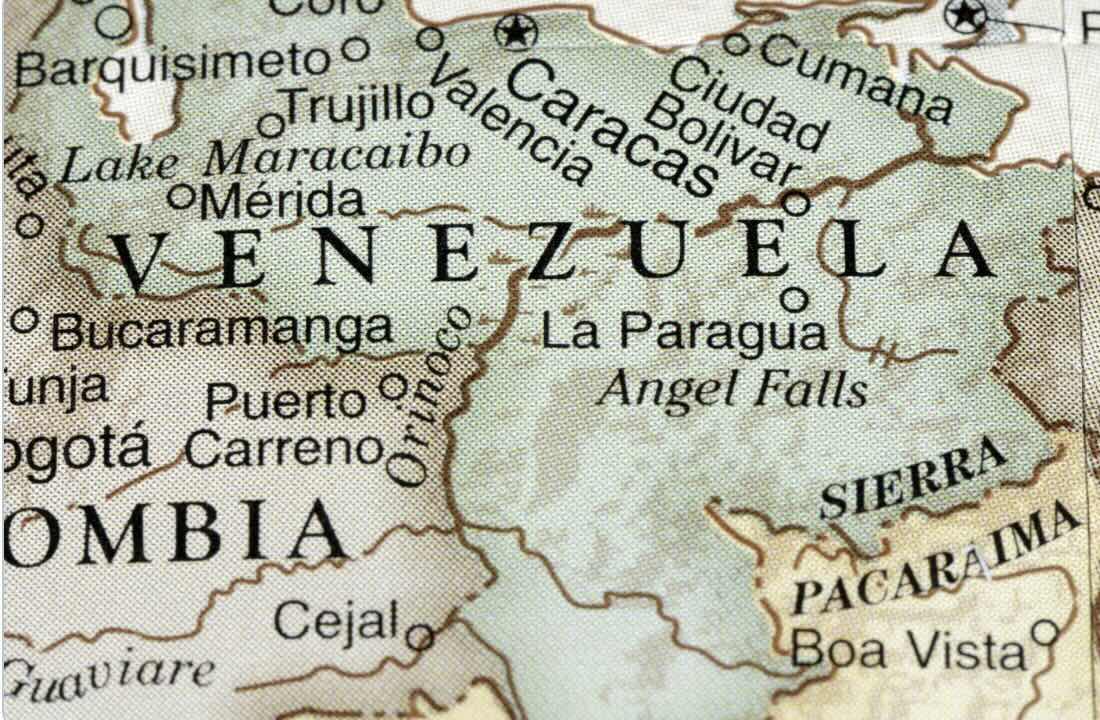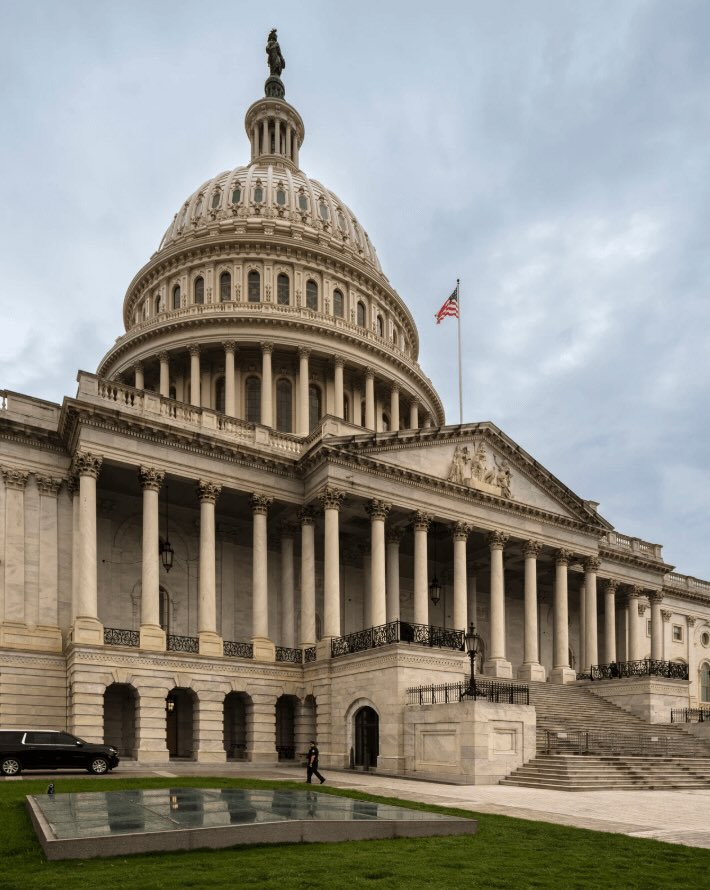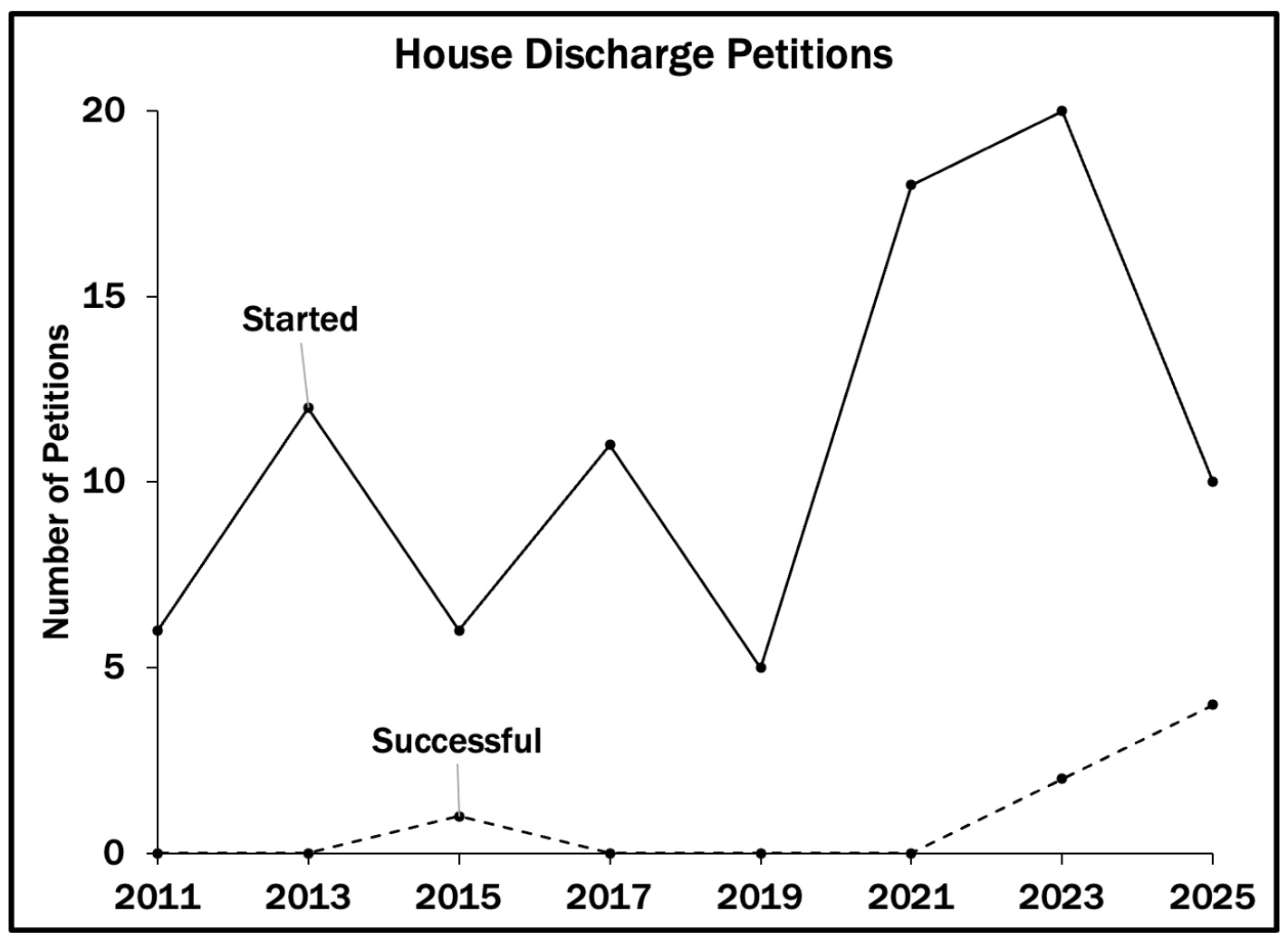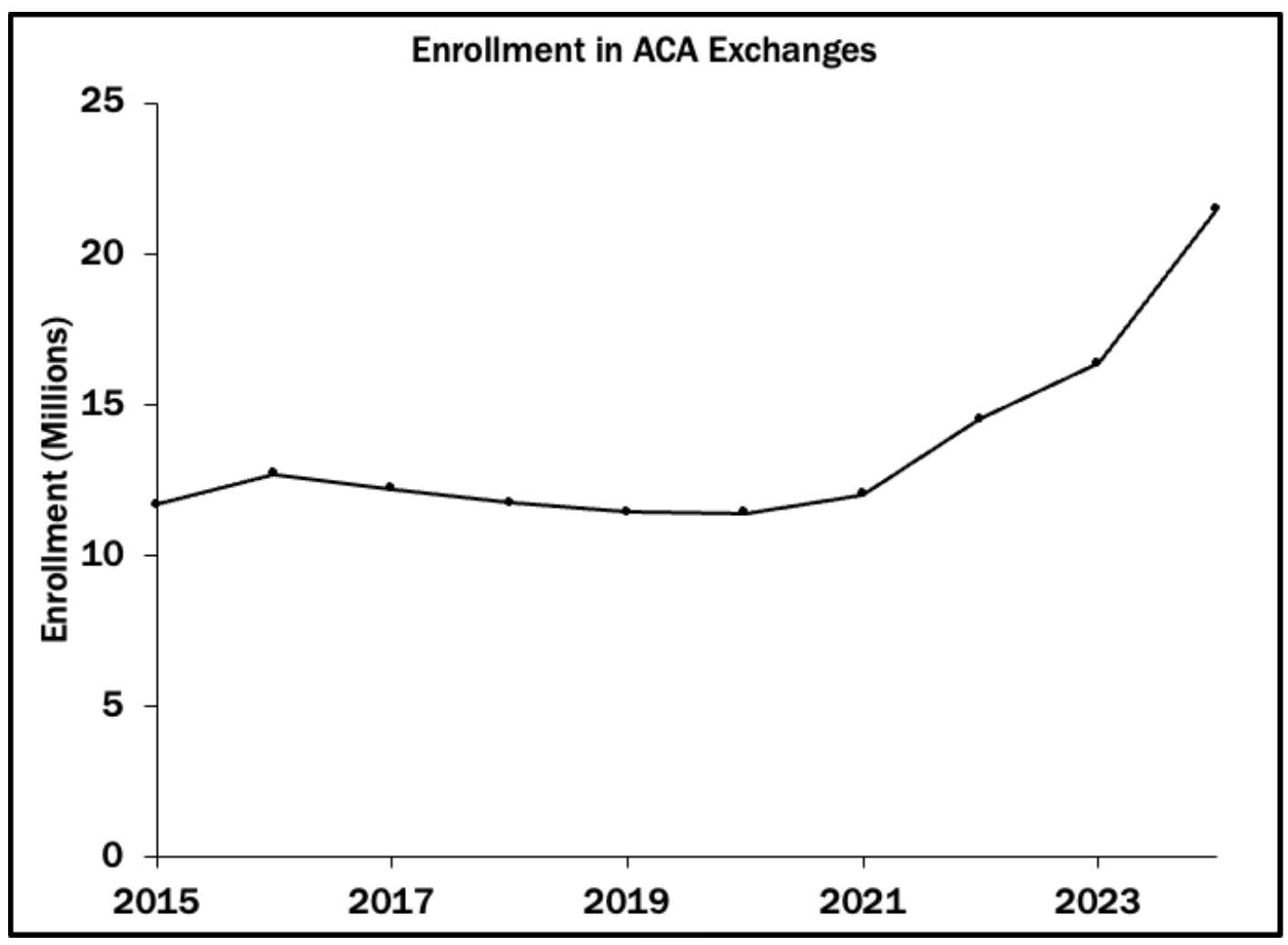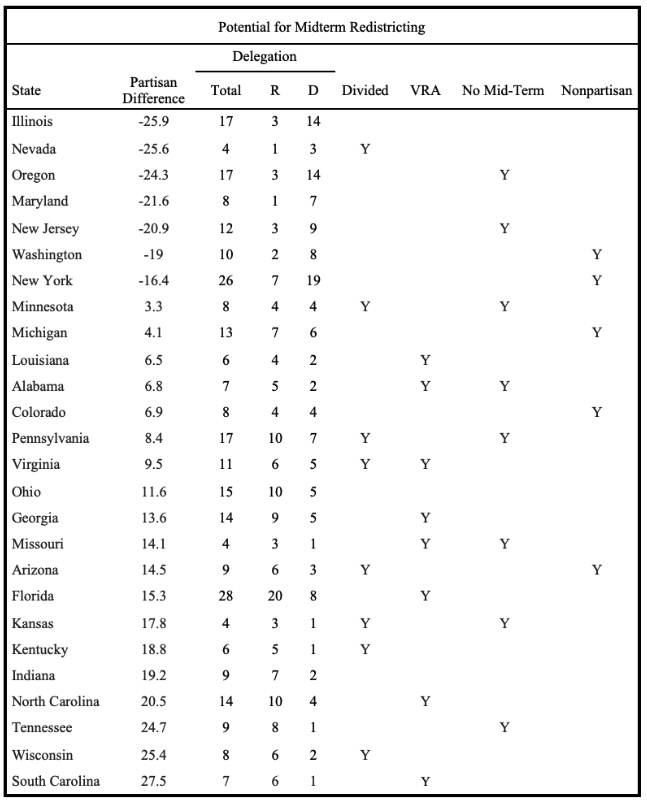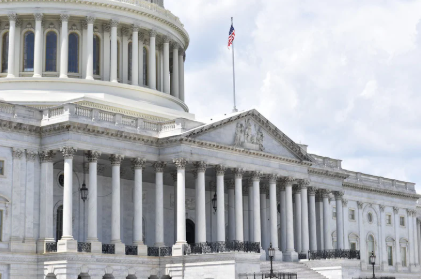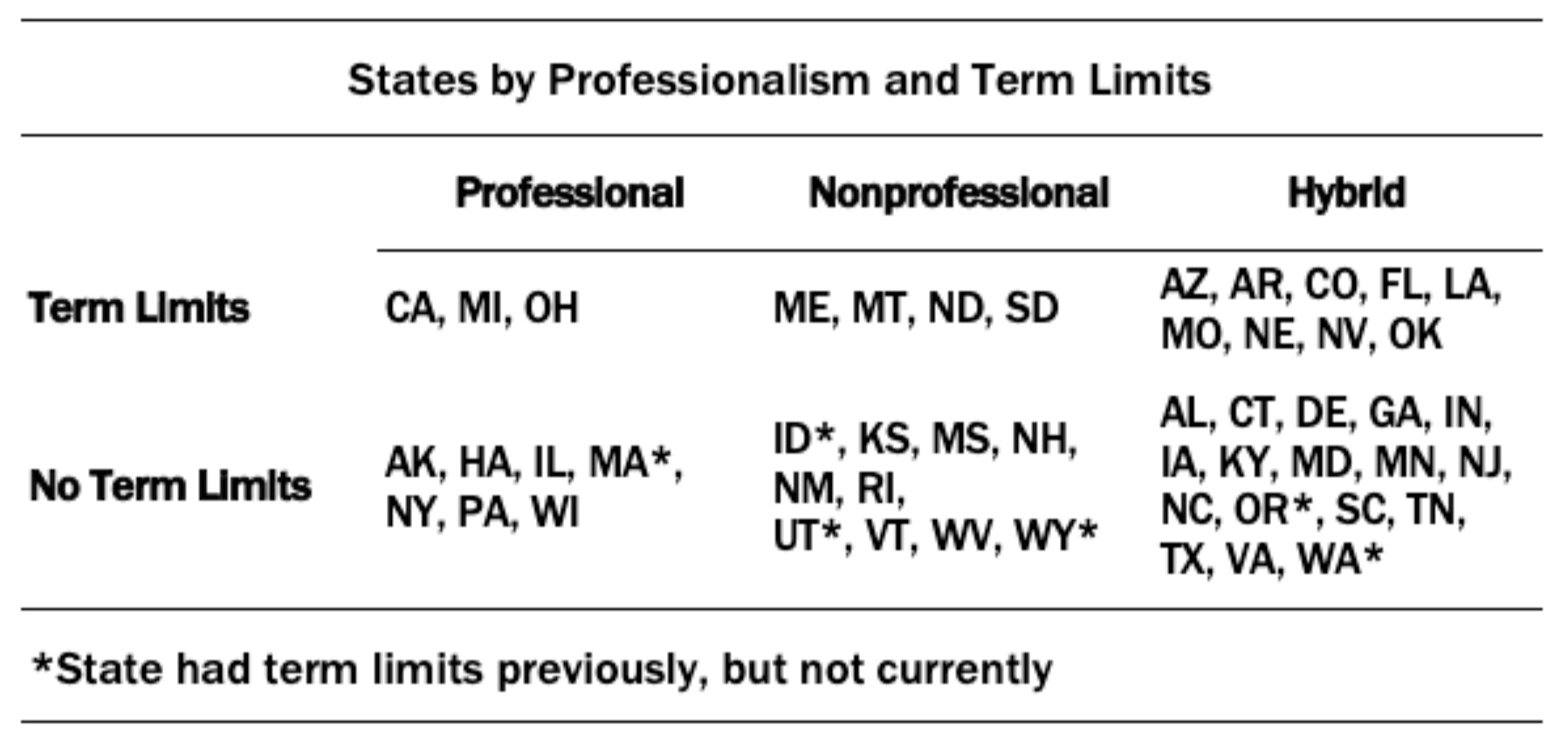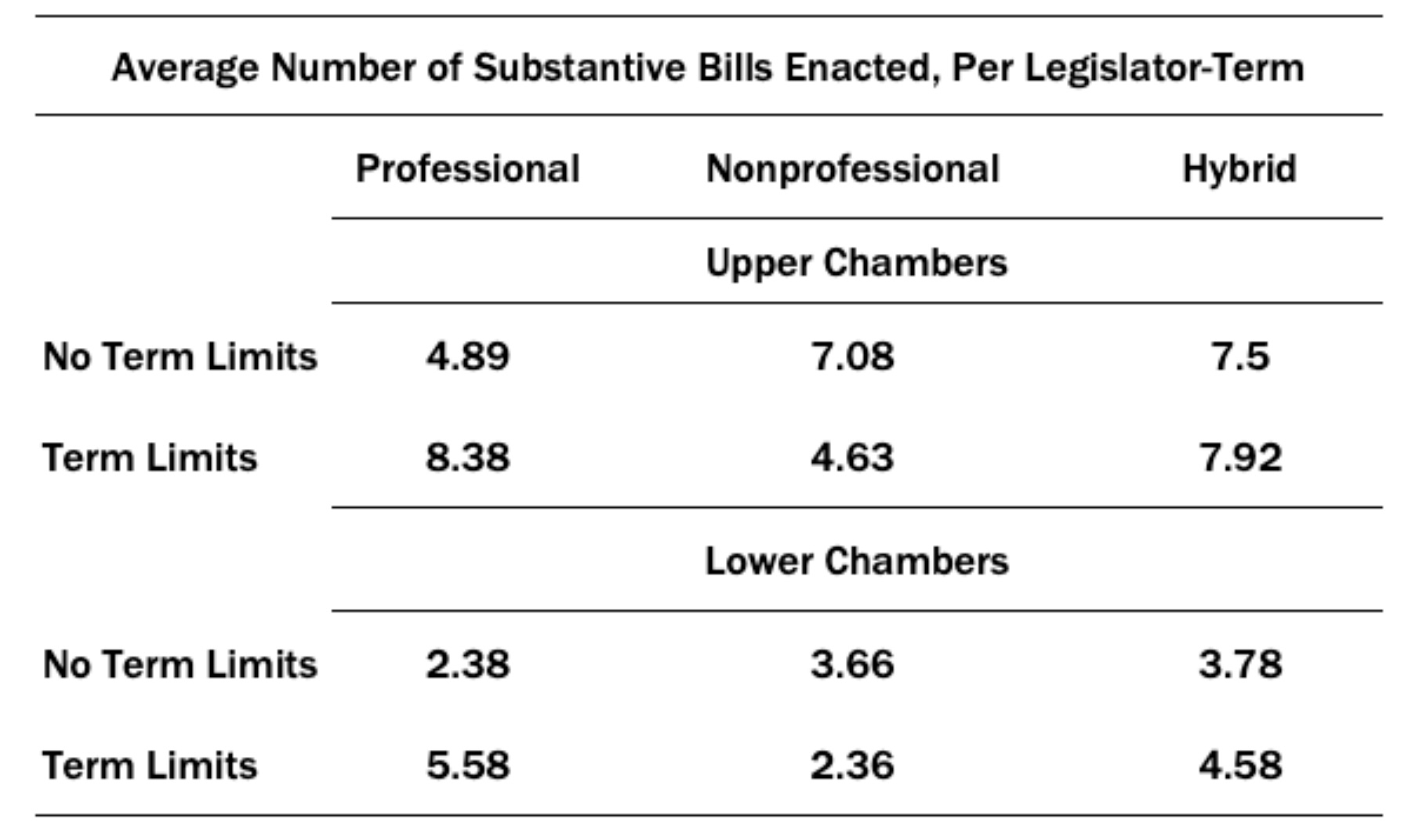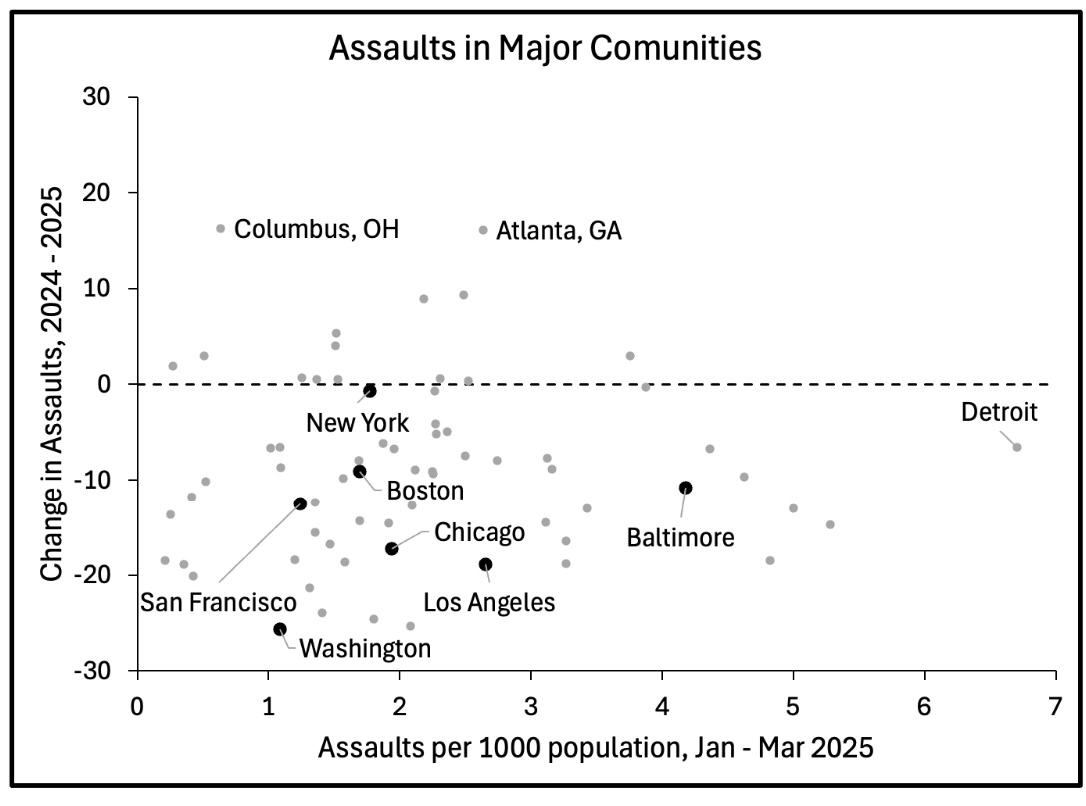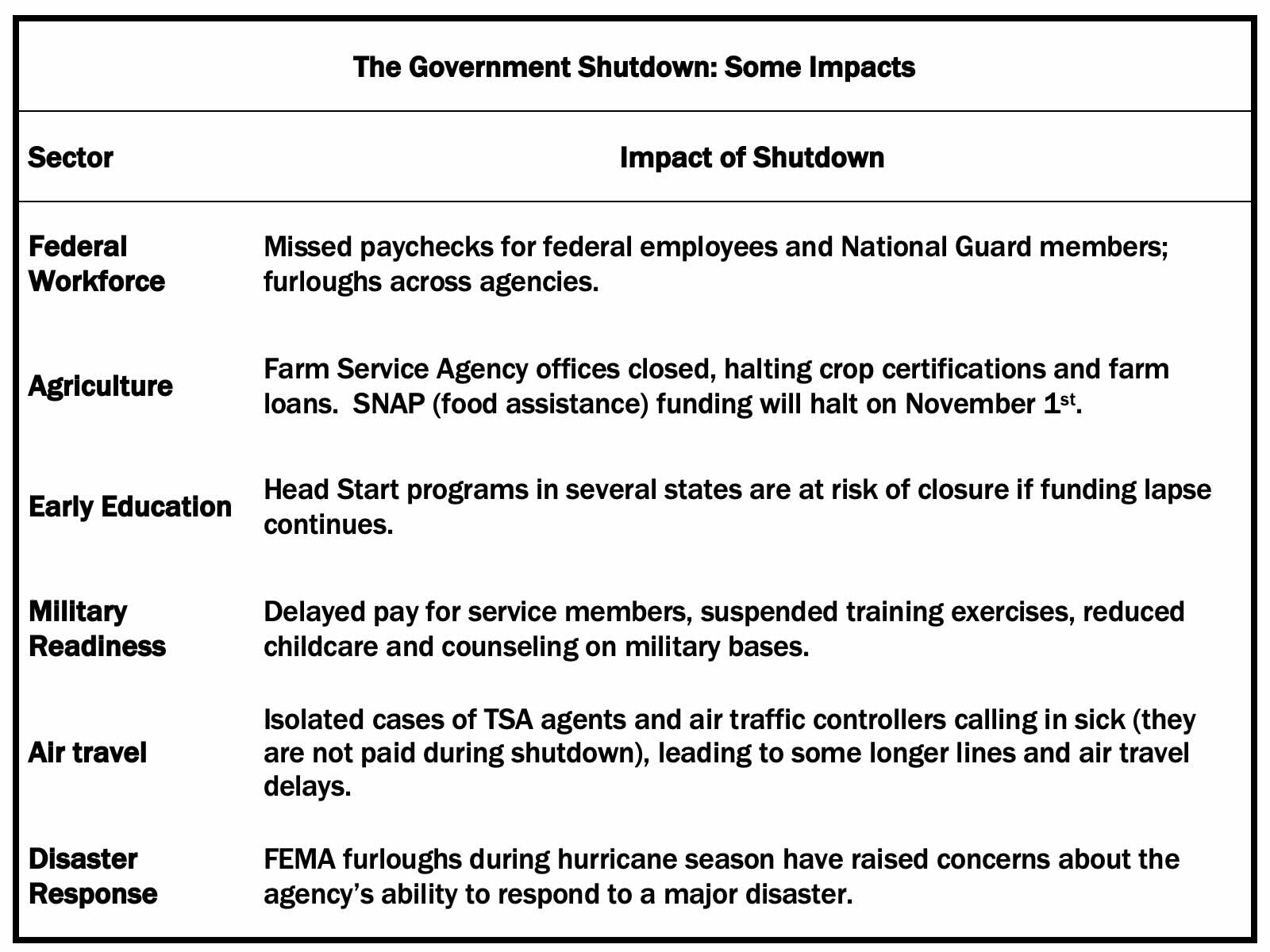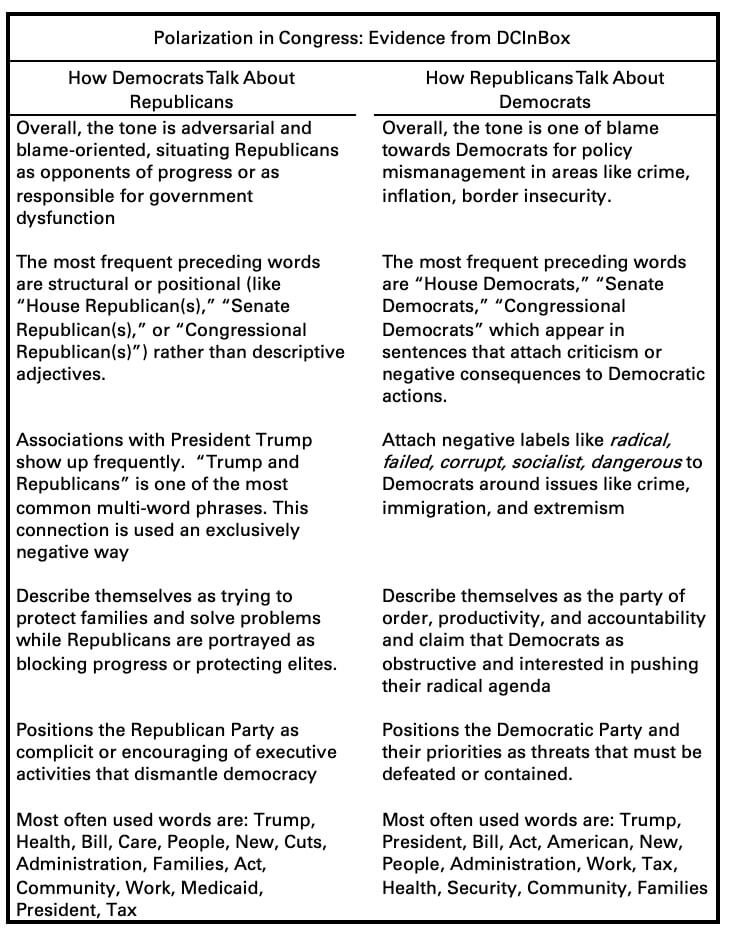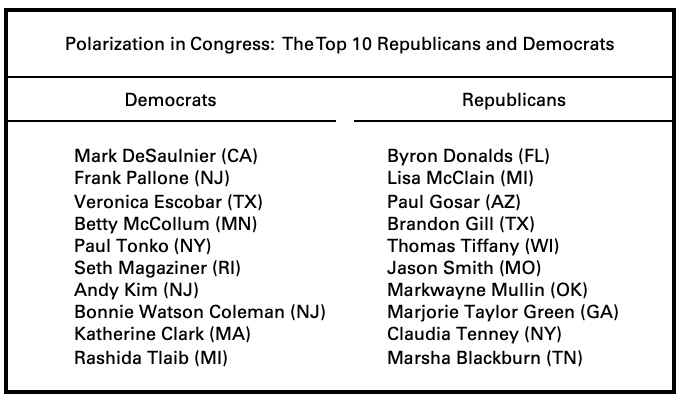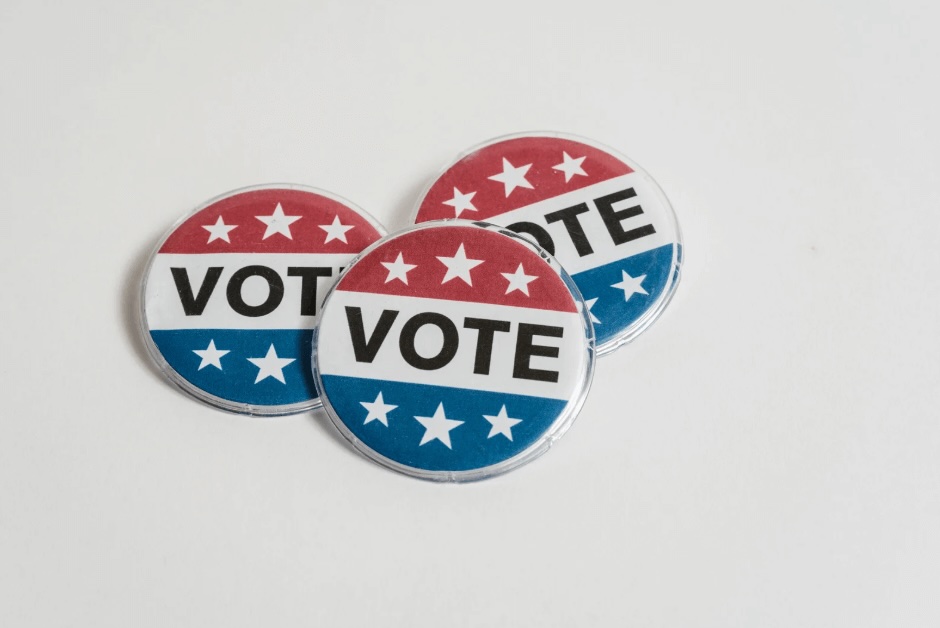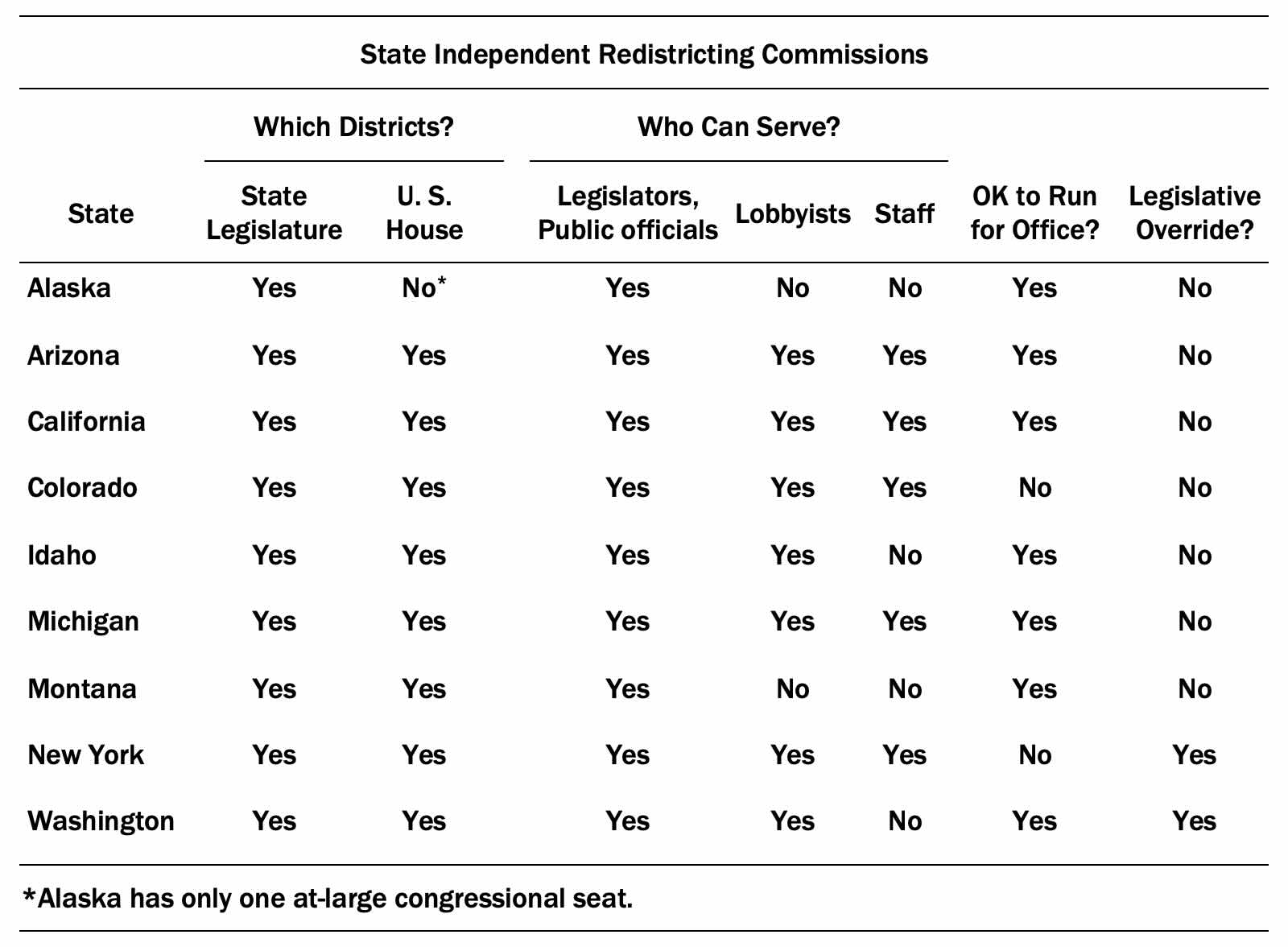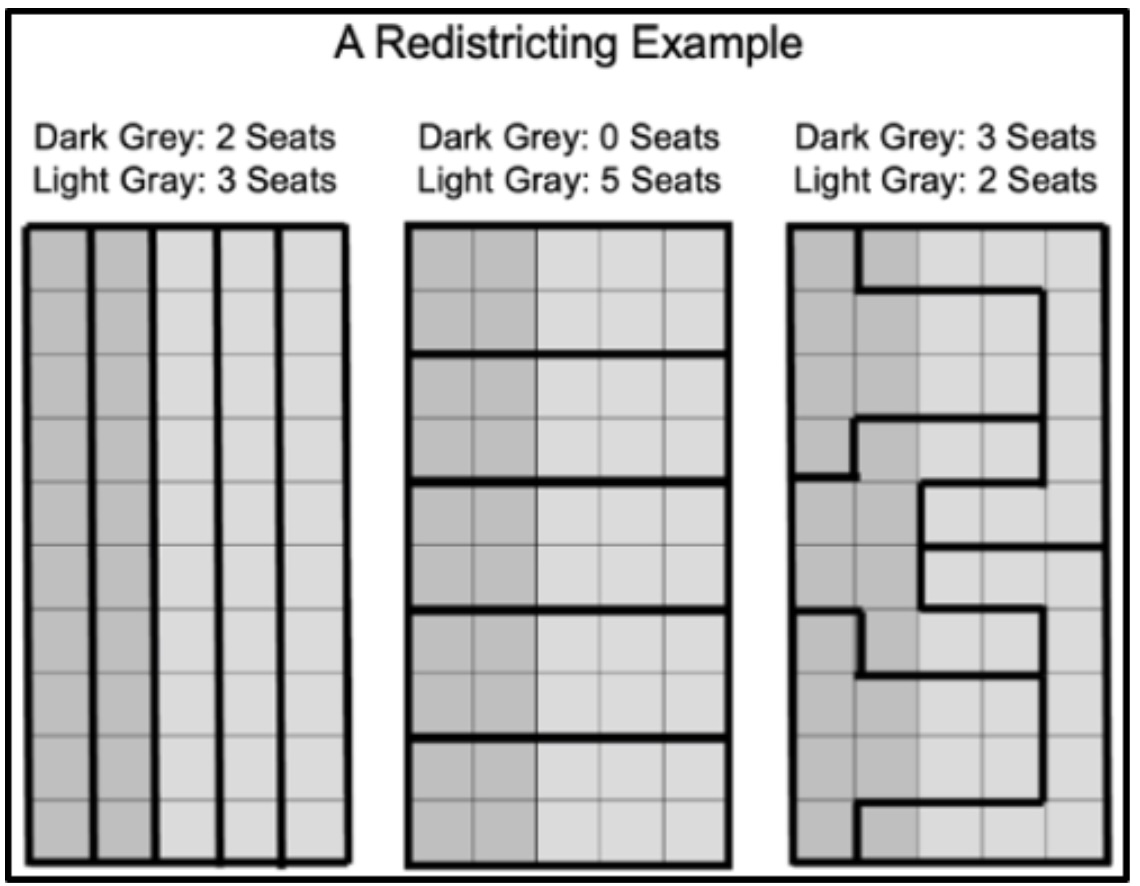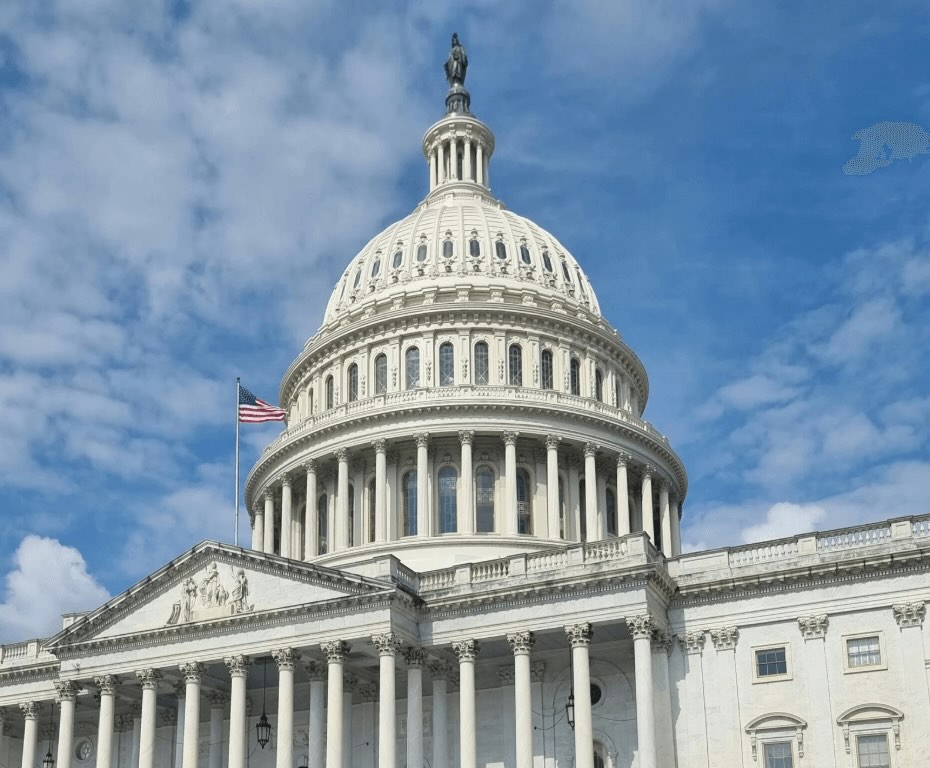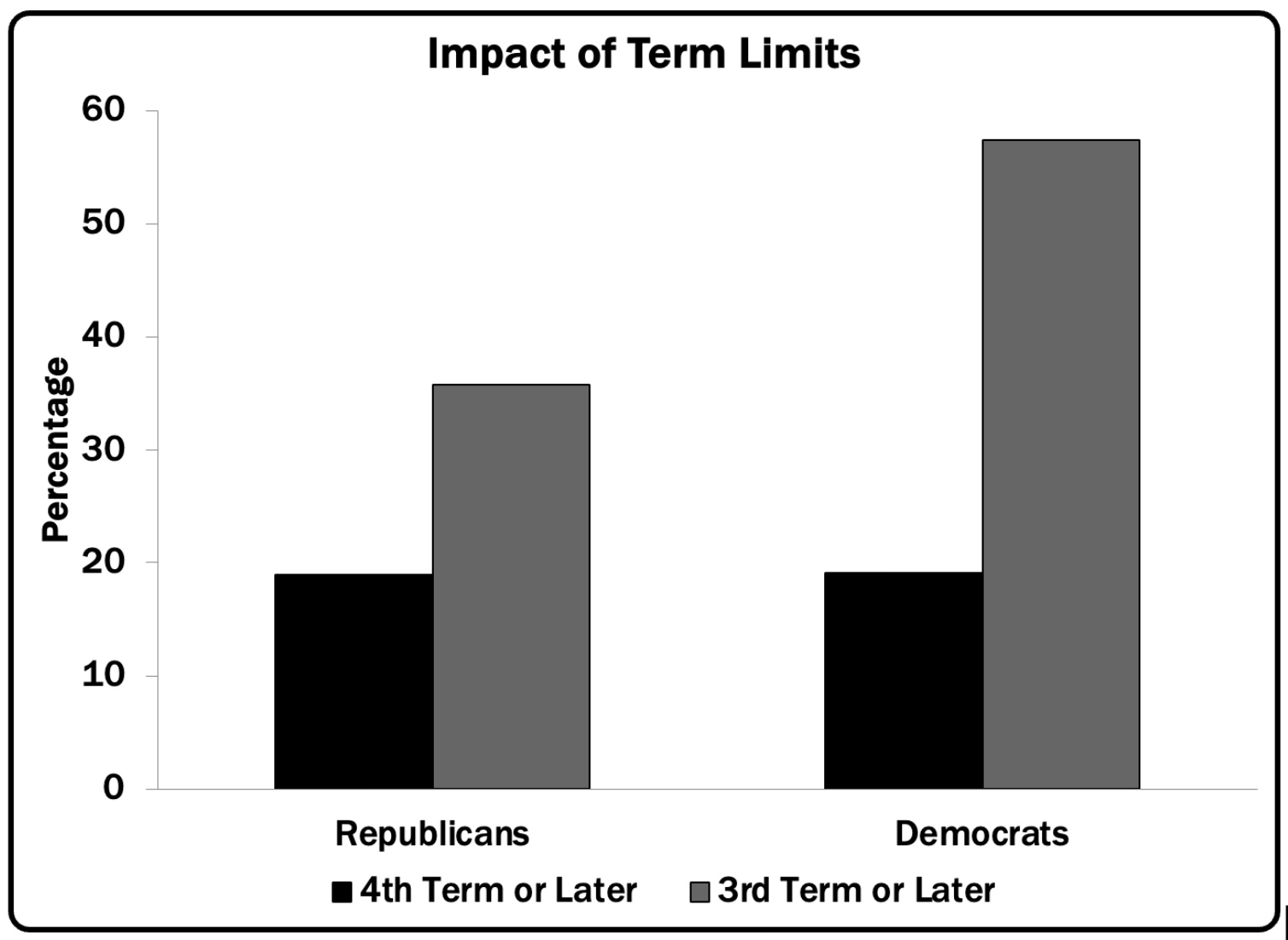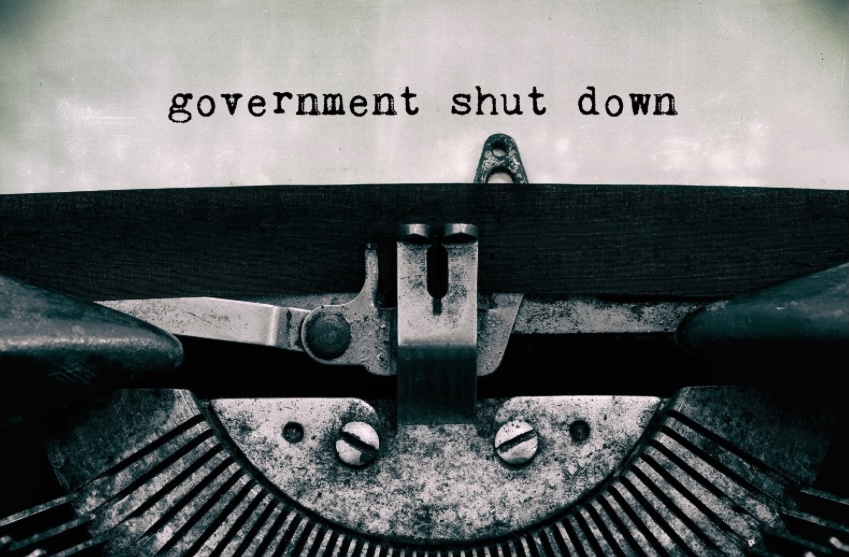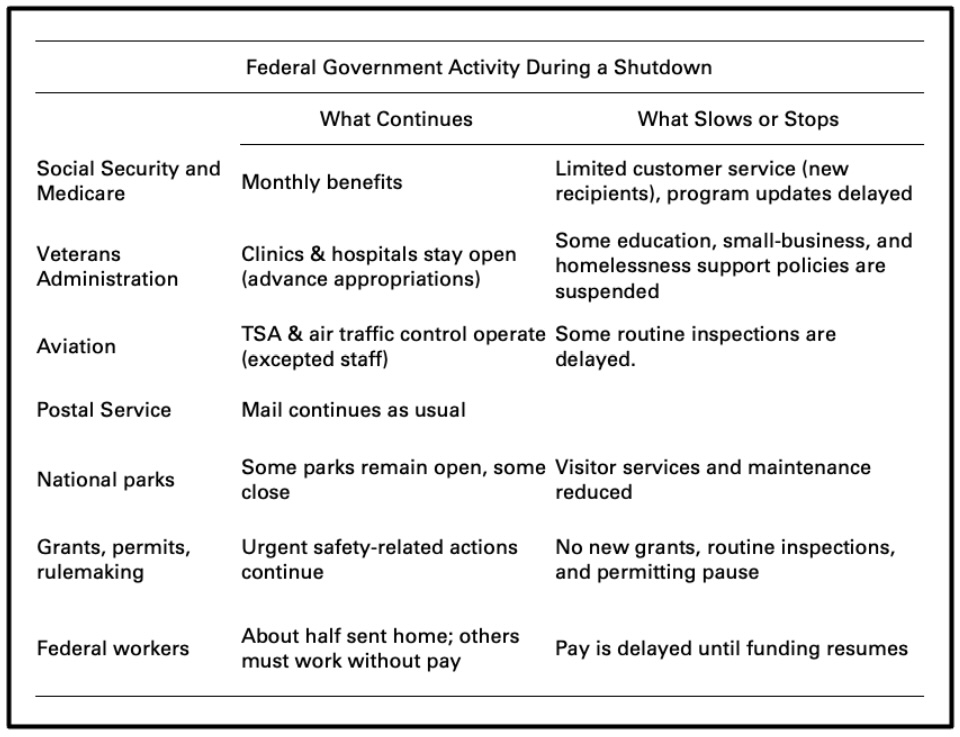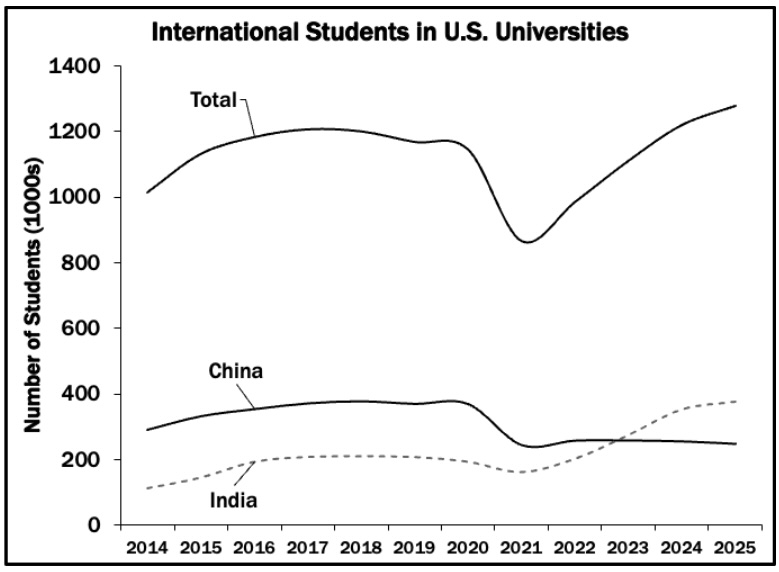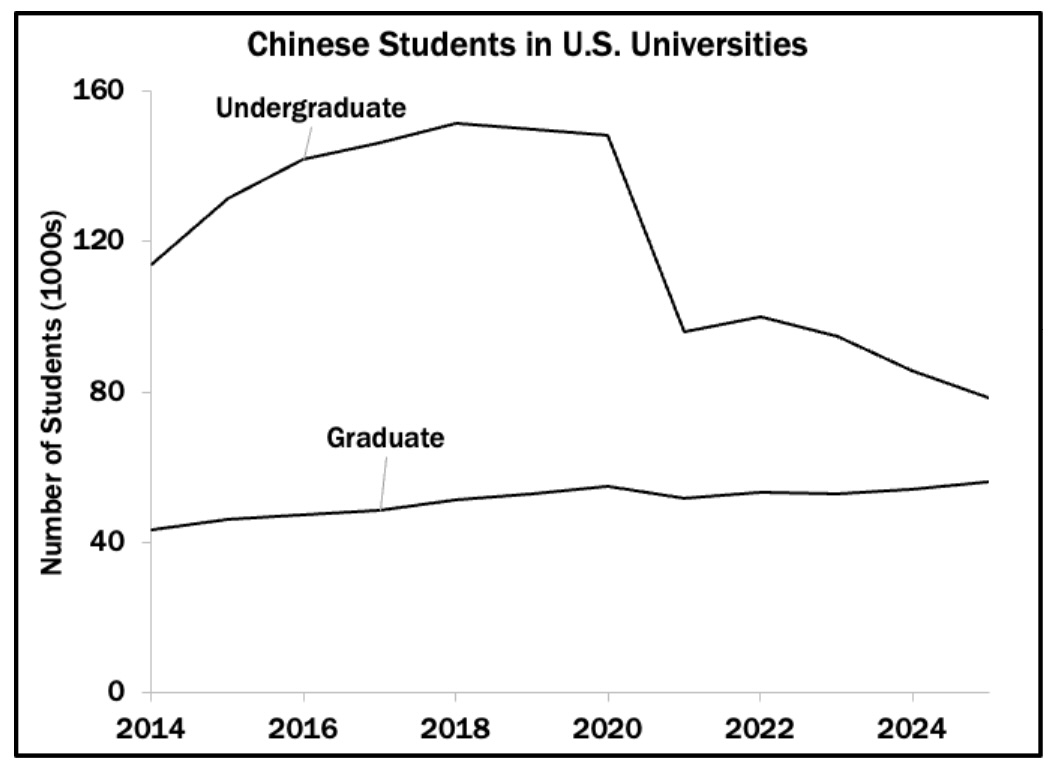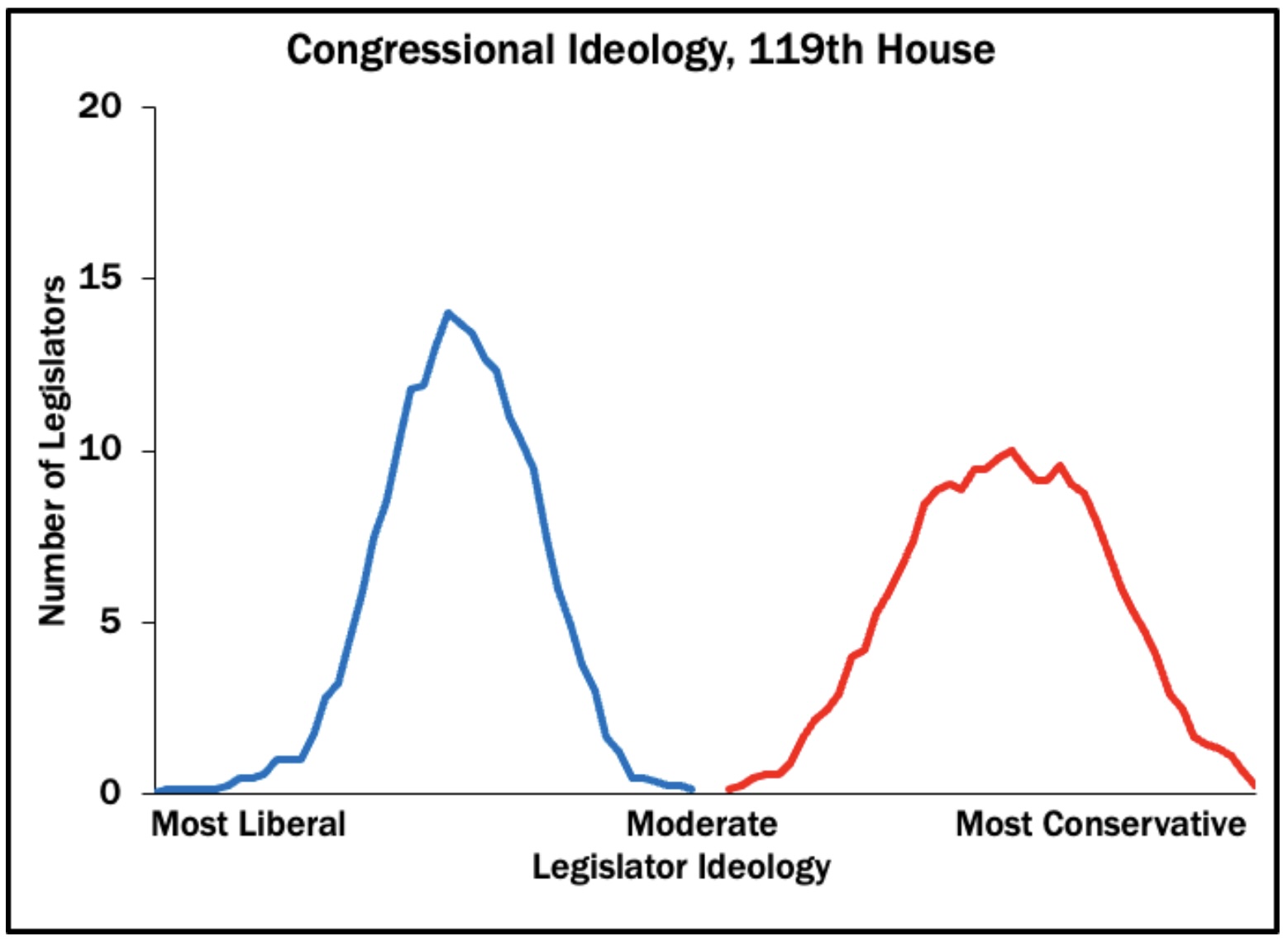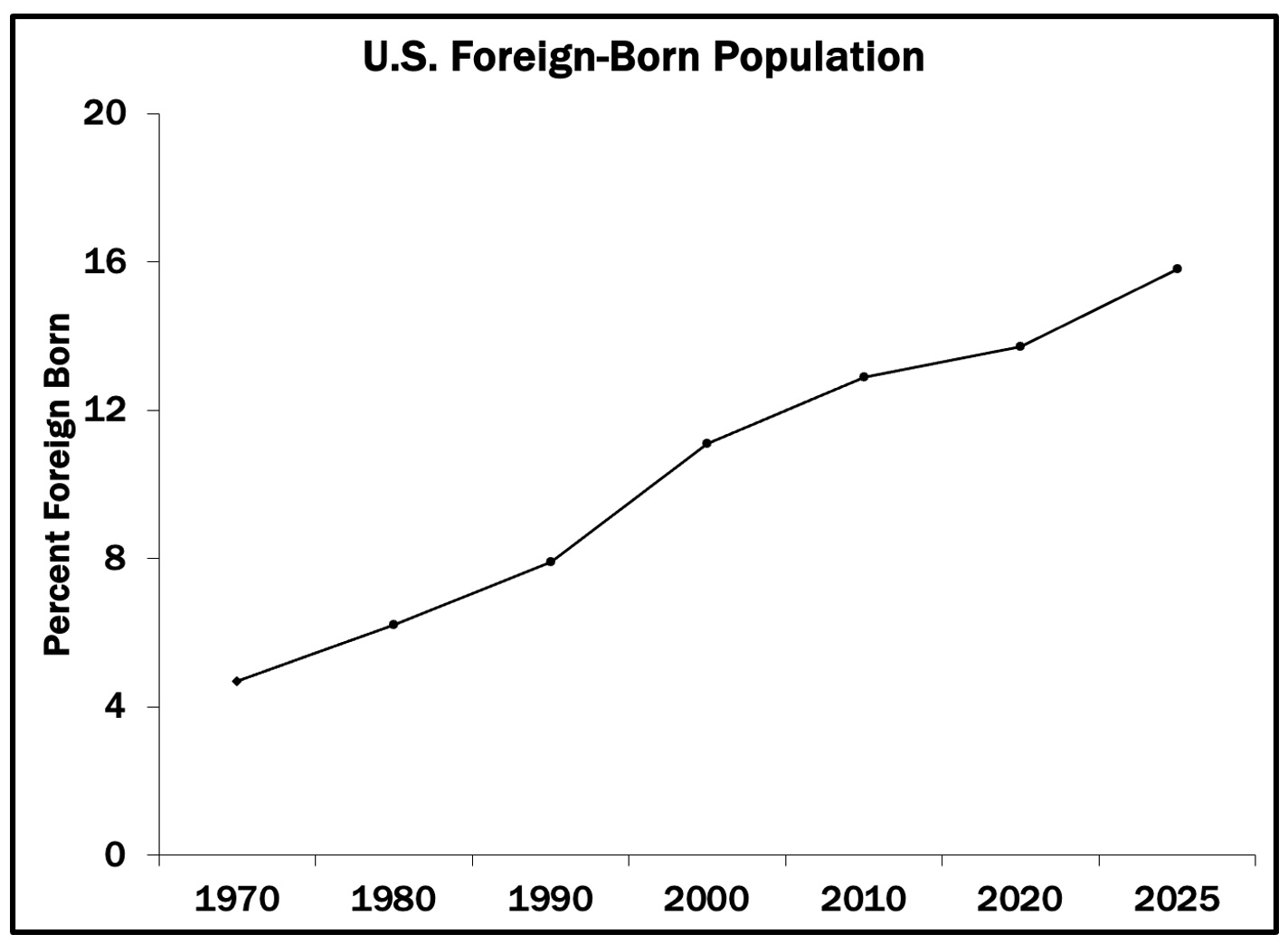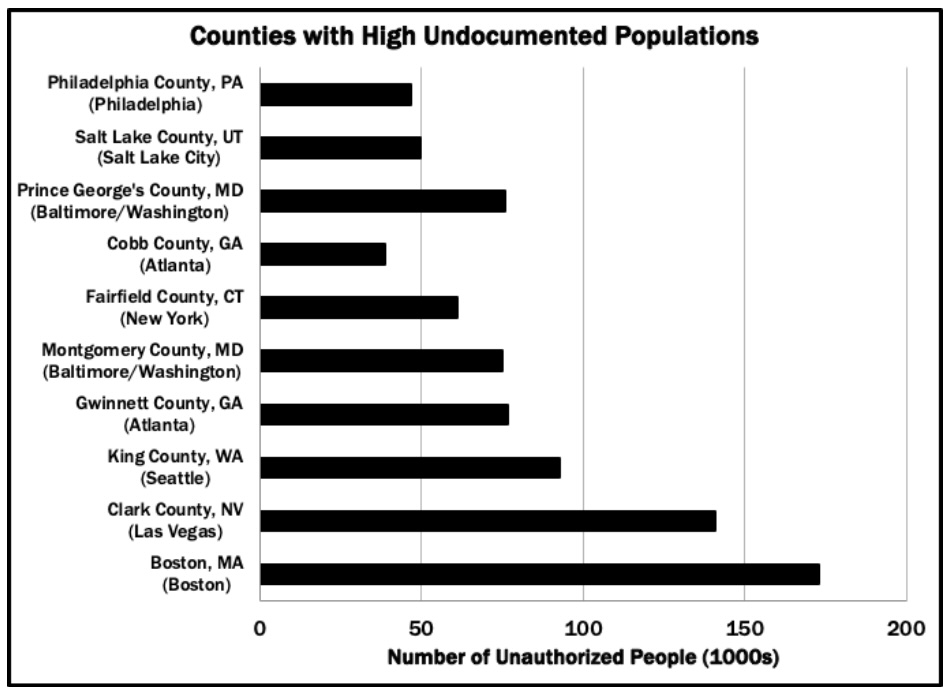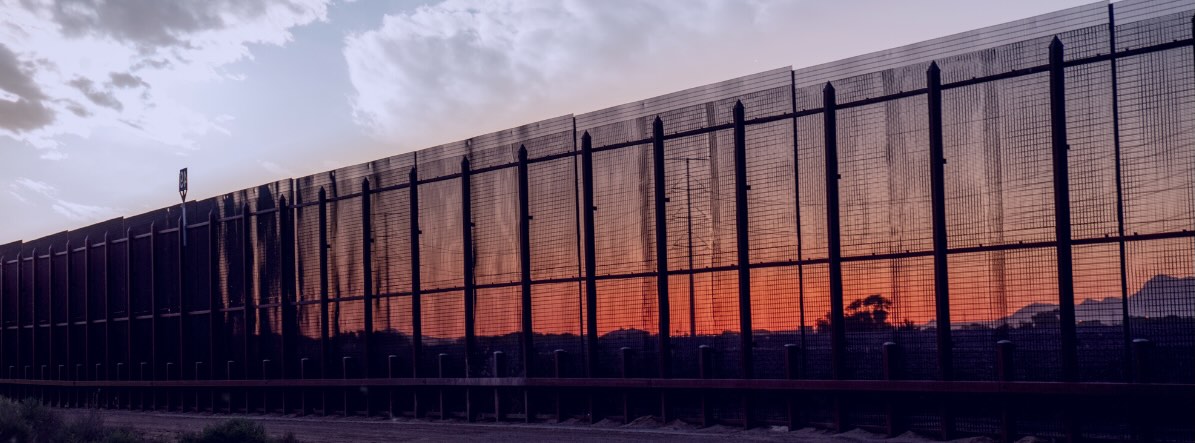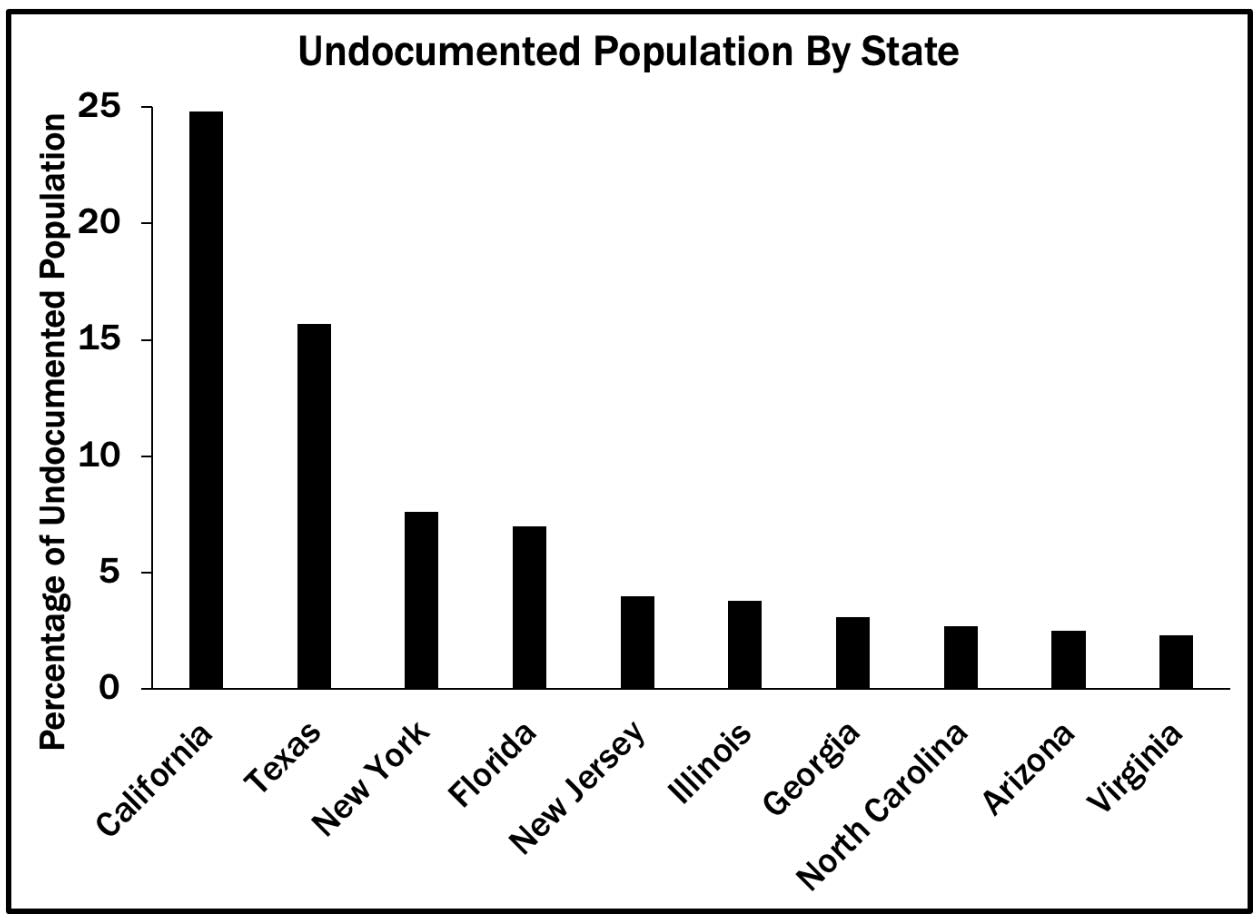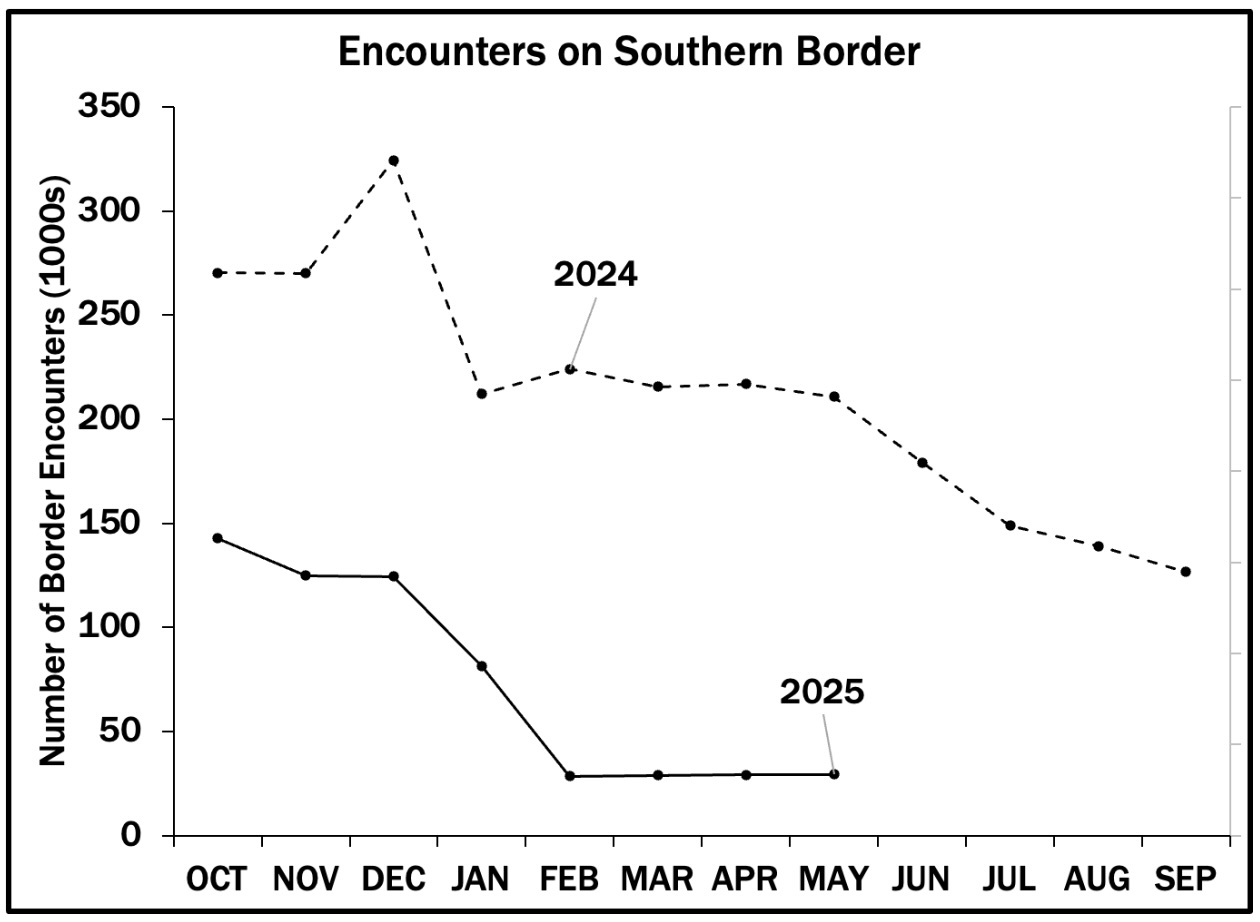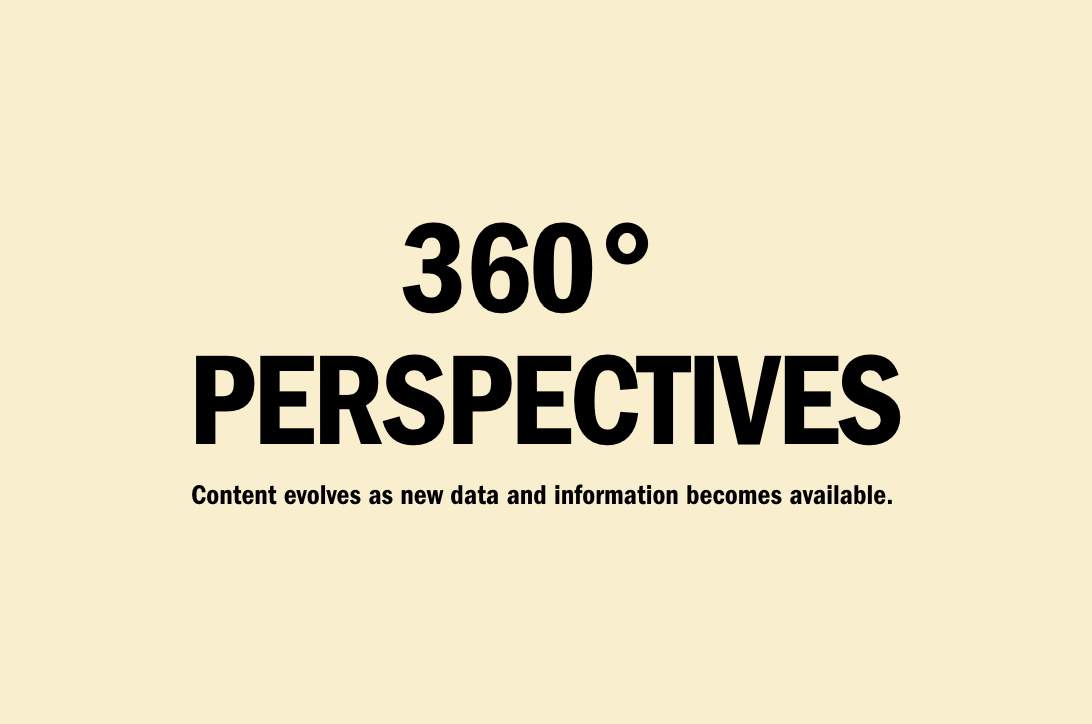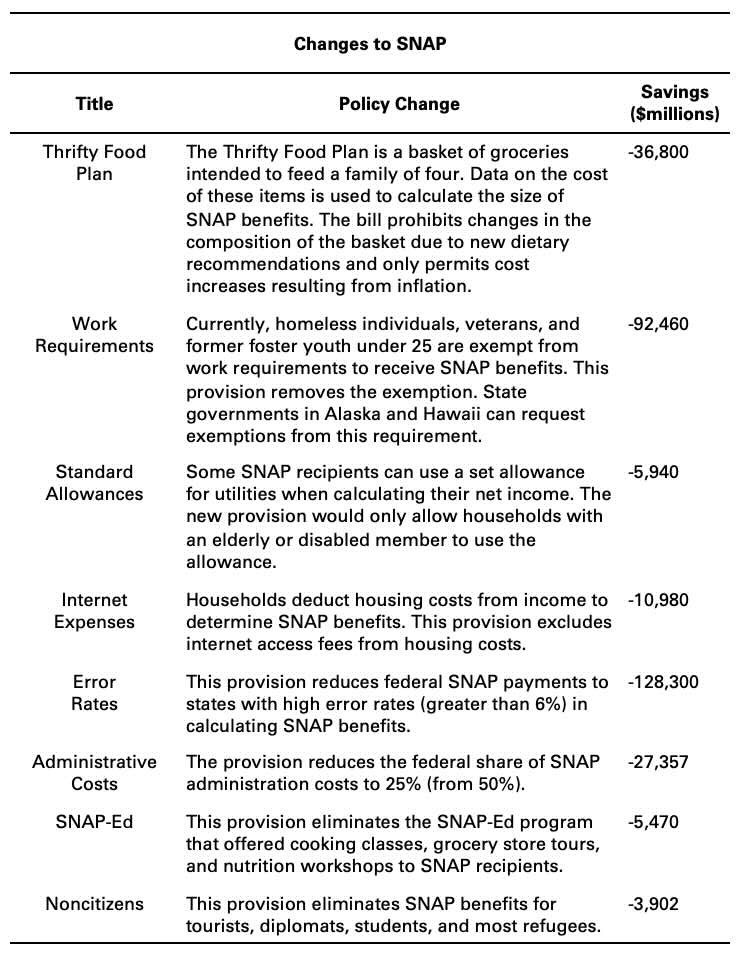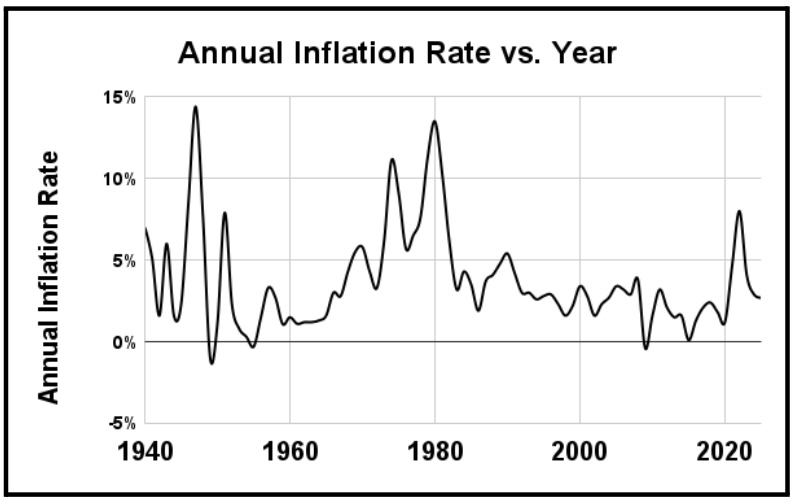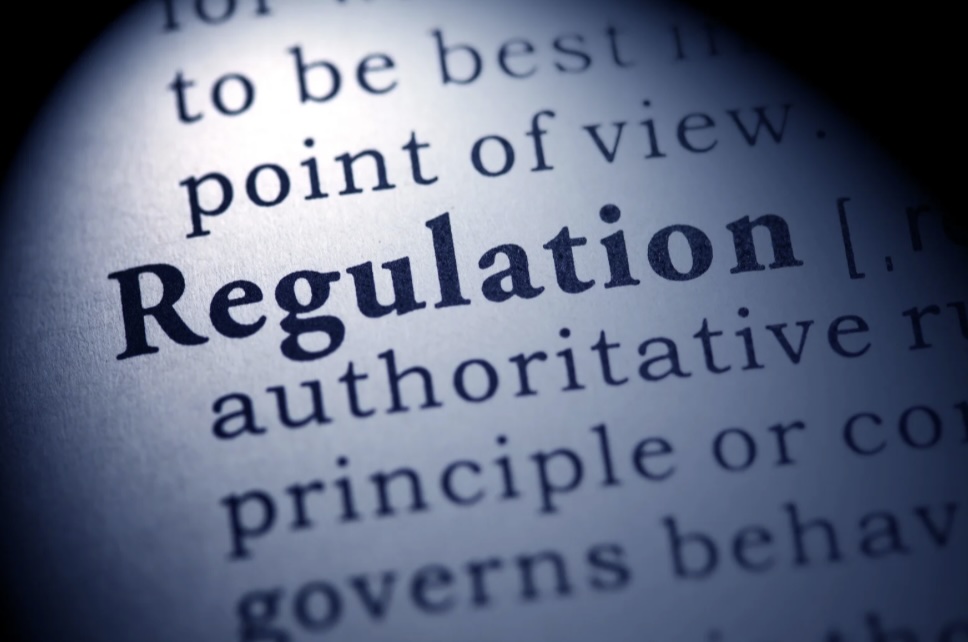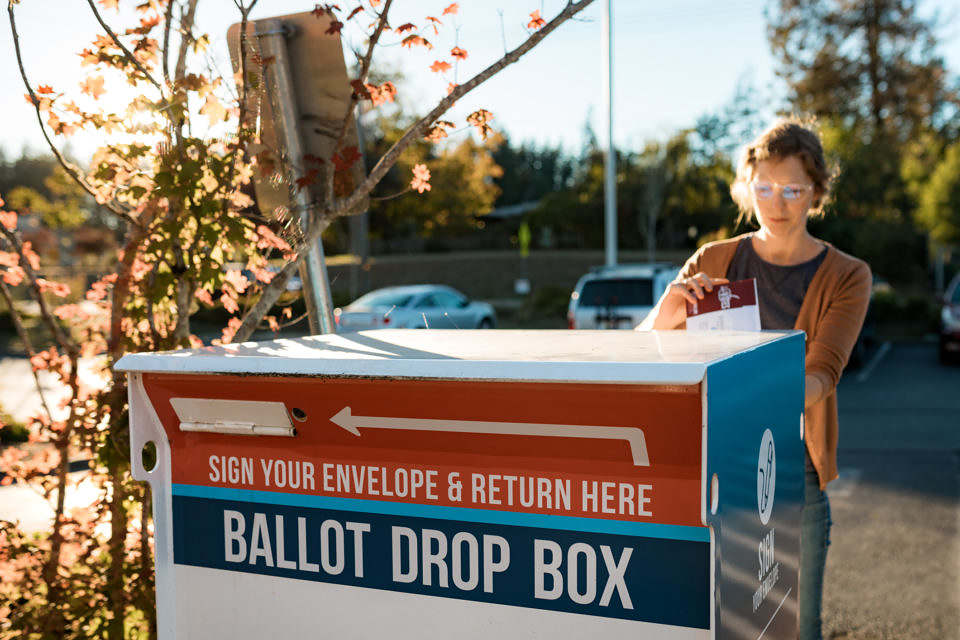What are the Epstein Files?
The Epstein files are a large body of materials collected during legal proceedings against the late Jeffrey Epstein. Epstein was indicted in 2019 for child sex trafficking and later died in prison.
According to a Department of Justice (DOJ) investigation, Epstein committed suicide in prison before his trial. Due to several documented factors, including there being no camera present in Epstein’s cell, some cameras malfunctioned or produced unusable footage, and backup systems failed or didn’t save additional footage, including controversy regarding a ‘missing’ one-minute gap in recording, some speculate that Epstein’s death was not a result of suicide. Additionally, analysis of the video metadata of the released ‘raw’ footage suggests it was stitched or processed. There is no proof of intentional tampering, but due to mixed findings and differing expert opinions, the events surrounding Epstein’s death are the subject of public controversy.
So, exactly what are the Epstein Files? They include paper documents, financial records, flight and boat logs, photos, e-mails, FBI interview summaries, and DOJ memos and communications. The files cover an ongoing series of events occurring on a Caribbean island owned by Epstein, including many cases of sexual activities involving men with underage girls. The documents also show that other individuals visited Epstein’s island (including Secretary of Commerce Howard Lutkin and tech entrepreneur Elon Musk) or accepted transportation on Epstein’s private jet (including former Senator George Mitchell and former President Bill Clinton). Other records show Epstein’s communications with academics, corporate executives, and influencers.
What is the Justice Department doing with the Epstein Files?
The DOJ is releasing redacted versions of the Epstein files under H.R. 4405, the Epstein Files Transparency Act, which was drafted and sponsored in the House of Representatives by Reps. Ro Khanna and Thomas Massey. The Act had broad co-sponsorship before being signed into law on November 19, 2025, by President Trump.
H.R. 4405 mandates that the Attorney General create a publicly-available, searchable database containing “all unclassified records, documents, communications, and investigative materials in the possession of the DOJ, including the Federal Bureau of Investigation and United States Attorneys’ Office” that relate to the Epstein case, with exceptions to protect victims’ privacy, materials depicting child sexual abuse or physical abuse, anything that would jeopardize an active investigation, and classified information. The Act also prohibits redaction of government officials or politicians who appear in the Epstein Files and requires the Attorney General to provide Congress with a list of these individuals.
As of February 2026, more than 3.5 million pages of documents have been reviewed and released, with an unknown number still awaiting review.
Why is the release of the Epstein Files so controversial?
The Epstein files highlight a perennial problem in legislative–executive relations: how to ensure that bureaucrats faithfully carry out congressional mandates. The Act is clear that the names of individuals found in the files (except for victims) should be released to the public. At the same time, political appointees in the DOJ might want to order the redaction of friends, colleagues, or members of their political party to prevent public shame and damage to their careers and families. How can members of Congress be sure that the DOJ faithfully implemented the Act?
Political scientists refer to the difficulty that elected officials face when they try to interpret or influence bureaucratic actions as the ‘problem of control’. In theory, experts within the bureaucracy, meaning the vast system of agencies, departments, offices, and career officials that carry out, administer, and enforce the laws passed by Congress, should be given discretion to carry out complex tasks, such as preparing the Epstein Files for release.
However, the more discretion Congress gives to bureaucrats, the less control it has over outcomes. Even though the Act gives members the ability to view the unredacted materials, it would be impossible for them to review the millions of documents, e-mails, and photos in the Epstein Files. How can Congress tap bureaucratic expertise without giving all of its power to the bureaucracy?
Research shows that Congress has developed a series of techniques to mitigate the problem of control. In the case of the Epstein Files, members have opted to use "fire-alarm” oversight. First, the searchable database is being made available to the general public, allowing a crowd-sourced review of the DOJ’s work. Second, the DOJ is required to allow Members of Congress access to unredacted materials. In this way, legislators can focus on materials flagged by public review (the “fire alarm”) to determine whether redaction decisions were made without bias.
The Takeaway
The release of the Epstein Files is important for its power to hold individuals accountable for past illegal acts and to deliver justice to victims.
The provisions of the Epstein Files Transparency Act also illustrate how Congress mitigates the problem of control, allowing bureaucrats to use their expertise without giving up congressional control over policy outcomes.







